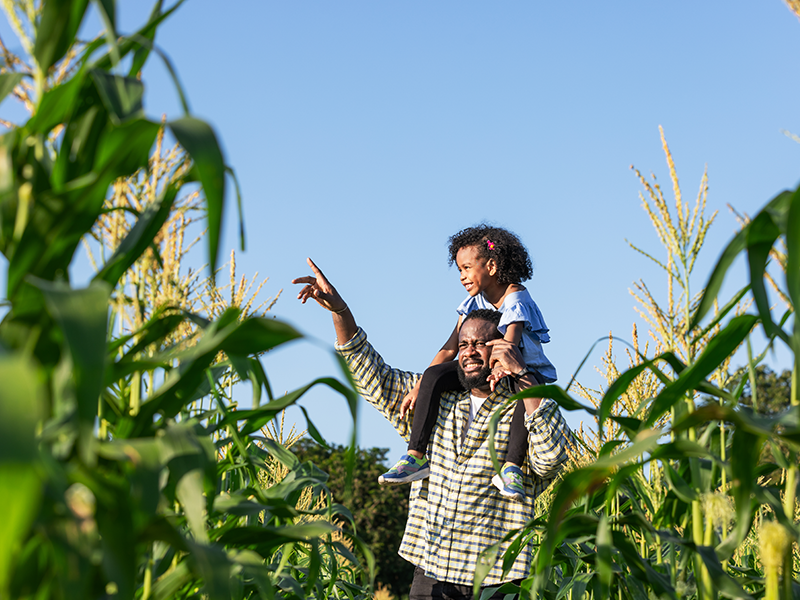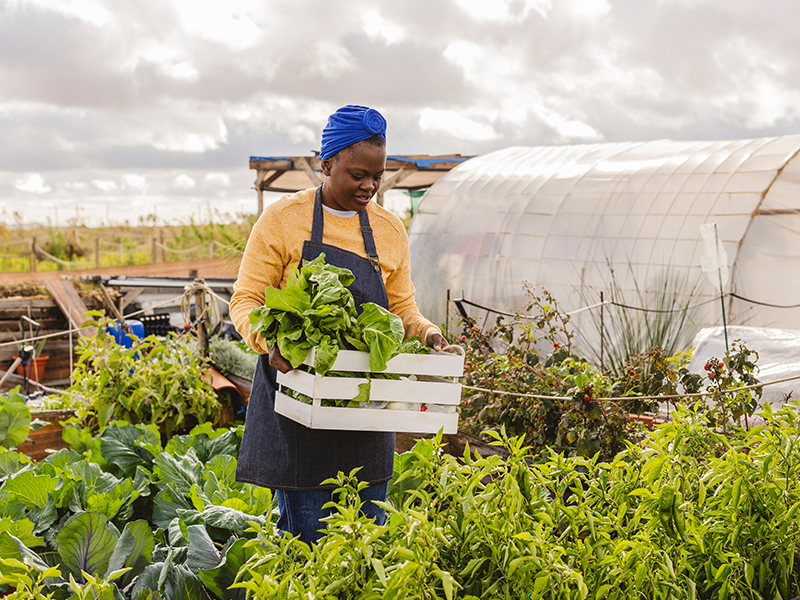Meet the Generation Closing Africa’s Value Gap — One Crop at a Time

Senegal has everything it needs to thrive in agriculture — fertile soil, generations of know-how, and a rising wave of youthful innovation. So why is the country still importing so much of its food, especially rice? Each person in Senegal eats around 100 kilos of rice a year, but local farms produce less than half of that. And it’s not just rice. This reliance on imports runs across nearly all food products.
It’s not just a supply issue, it’s structural. The core problem is that we’re exporting value. Like many African nations, Senegal is stuck in a cycle: farmers grow excellent crops, but there’s limited local capacity to turn them into finished products. So, we export raw goods at low prices, only to buy them back later at a premium. That’s money, jobs, and opportunity leaving the country.
Take cashews. In 2021, Senegal grew about 8 million kilos — but processed only 5% of them locally. Imagine the extra income and jobs if we closed that loop. That gap between raw materials and finished products? It’s called the value gap, and it’s holding us back.
But change is already in motion. Across West Africa and the Sahel, young entrepreneurs are building businesses that are high-tech, environmentally smart, and people-first. They’re not waiting for permission — they’re getting on with it.
In Senegal, Arristine Mendes is transforming aquaculture with her company Shaddaï Aquaculture. She’s developed fish feed from alternative proteins, cutting out the need for fishmeal and reducing overfishing. It’s cheaper for farmers, better for the planet, and boosts local fish production. In a country where fish is essential, that’s a big deal. No surprise she won the 2024 GoGettaz Agripreneur Catalyst Award.
In Ghana, Dr. Iddi Mohammed Faried is tackling two challenges with one powerful idea. His company, Kodu Technology, turns banana waste into biodegradable sanitary pads, helping girls stay in school during their periods and reducing waste. Affordable, eco-friendly, and empowering? That’s the kind of innovation the region needs more of.
Over in Côte d’Ivoire, Salimata Toh is reimagining banana waste. Her business, AGRIBANANA, transforms discarded stems into biodegradable packaging and paper. It supports the environment and opens up a new income stream for smallholder farmers, especially women. Less plastic, more opportunity.
And in Nigeria, Ikenna Nzewi’s company Releaf Africa is revolutionising palm oil processing. His machine, the Kraken, can process 500kg of palm nuts per hour and cuts costs by more than 80%. That’s a game-changer for small farmers who’ve long relied on outdated, inefficient tools. With Releaf, they can waste less and earn more.
This isn’t just hype, it’s a movement
These stories are proof that youth-led innovation is driving real change. We’re seeing:
- More local jobs
- Less waste
- Climate-smart solutions
- Stronger food systems with less dependency on imports
By turning waste into value and keeping more of the process local, these young businesses are unlocking serious potential. And in a world shaken by supply chain crises, from COVID-19 to the war in Ukraine, this kind of local resilience matters more than ever.
What’s next: all eyes on Dakar
This September, the Africa Food Systems Forum (AFSF 2025) heads to Dakar — where leaders from across the continent will gather to discuss the future of food, sustainability, and innovation.
Crucially, the forum is spotlighting people like Dr. Faried, Salimata Toh, Ikenna Nzewi, and Arristine Mendes — because the future isn’t arriving from the outside. It’s already here, built from the ground up by bold young thinkers.
See you in Senegal.



